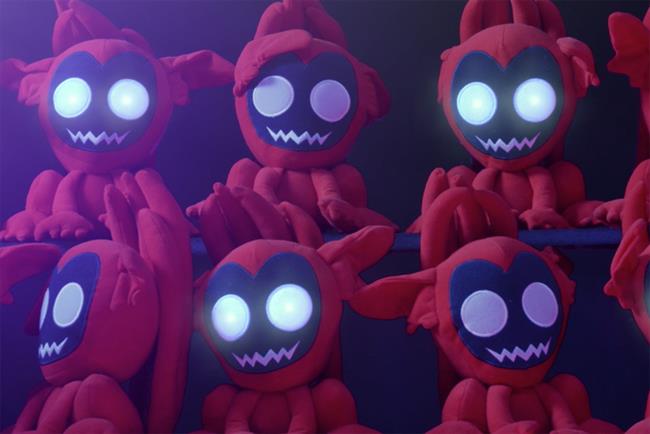It will provide little comfort in this extraordinary time of turmoil and isolation, but remember one thing: great music will come out of bad times. It always does.
We often see music movements arise from the ashes, reflecting the mood of darker times: the Krautrock youth movement in post-war Germany, the evolution of hip-hop in a desolate and poverty-stricken New York or the aspirational pop scene that emerged as we exited Thatcherism – to name just a few.
Powerful messages in music are often written in response to dissatisfaction, resentment or anger with a person, politics, social dysfunction, the environment, inequality, war or the establishment – burn it down! And good ads have always reflected the zeitgeist, compiling a killer soundtrack through the ages.
More recently, we’ve seen amazingly creative responses in music to momentous social change. Take Kanye West’s Black Skinhead, which is about racial tensions in the US. This track has been sampled by brands again and again since 2013 and has been copied so many times that there could be a whole new genre called Slack Binhead.
In February 2019, we saw the explosion of Childish Gambino’s racial dysfunction protest song This is America. While scooping an armful of Grammy awards, Google was also quick to feature him as the lead role in the commercial break for its Playmoji function.
Gorillaz penned their passionate call-to-arms song We Got the Power as a direct response to the Donald Trump presidency. Energy company E.ON went on to use the track for its 2017 campaign (pictured, above), creating a music video powered by the sun. This was an example of a meaningful brand and artist relationship with a clear purpose and beautifully executed.
There are numerous other instances of advertising tapping into music movements, but of course many brands have also got it wrong. One notable example is Cadillac’s use of Nobody Speak by DJ Shadow featuring Run the Jewels. Cadillac removed almost all of the lyrics, so not much is left – but any fan would know the meaning of the song, which includes the line: "Flame your crew quicker than Trump f*cks his youngest."
Now, we’re living in extraordinary circumstances, where within adversity lies creative opportunity. The gift of time allows for greater creation, refinement and collaboration. While we are all cooped up at home, those without incredible home studios might be making much more handmade music. This could result in more passionate, less over-the-top tracks. It will hopefully also do away with generic choices, such as the use of ukulele that has haunted advertising in recent years, and force brands to find something more authentic.
With lockdown restrictions, brands can’t just jump on a plane to Cape Town to shoot beautiful scenes, so music has an even bigger role to play in engaging people emotionally. Once the dust begins to settle, perhaps we will see more positivity in advertising soundtracks or a renaissance of more hedonistic music, offering a wide-eyed view of the true human spirit.
We have already seen a lot of collaboration in music during this time and the public like what they have heard. For example, the BBC's Live Lounge Allstars saw music artists create a cover of Foo Fighters’ classic track Times Like These. The song neared the top of the charts while raising a load of cash and awareness for BBC Children In Need and Comic Relief. What better way to use the power of music and performing artists for good?
At the point of writing, marketers and creatives are already starting to reject the vanilla sound that has been so apparent in Covid-era advertising (cue slow piano and a touch of strings in a minor key). Look at Sport England, which broke ranks by using Fatboy Slim's rousing hit The Rockafeller Skank. It's time for music to drive some positivity in our lives.
Hopefully, soon we’ll all be feeling so much relief that we will be compelled to capture those feelings in artistic form. Brands that make thoughtful choices and genuine collaborations with artists will stand out.
Paul Reynolds is managing director and partner at MassiveMusic


